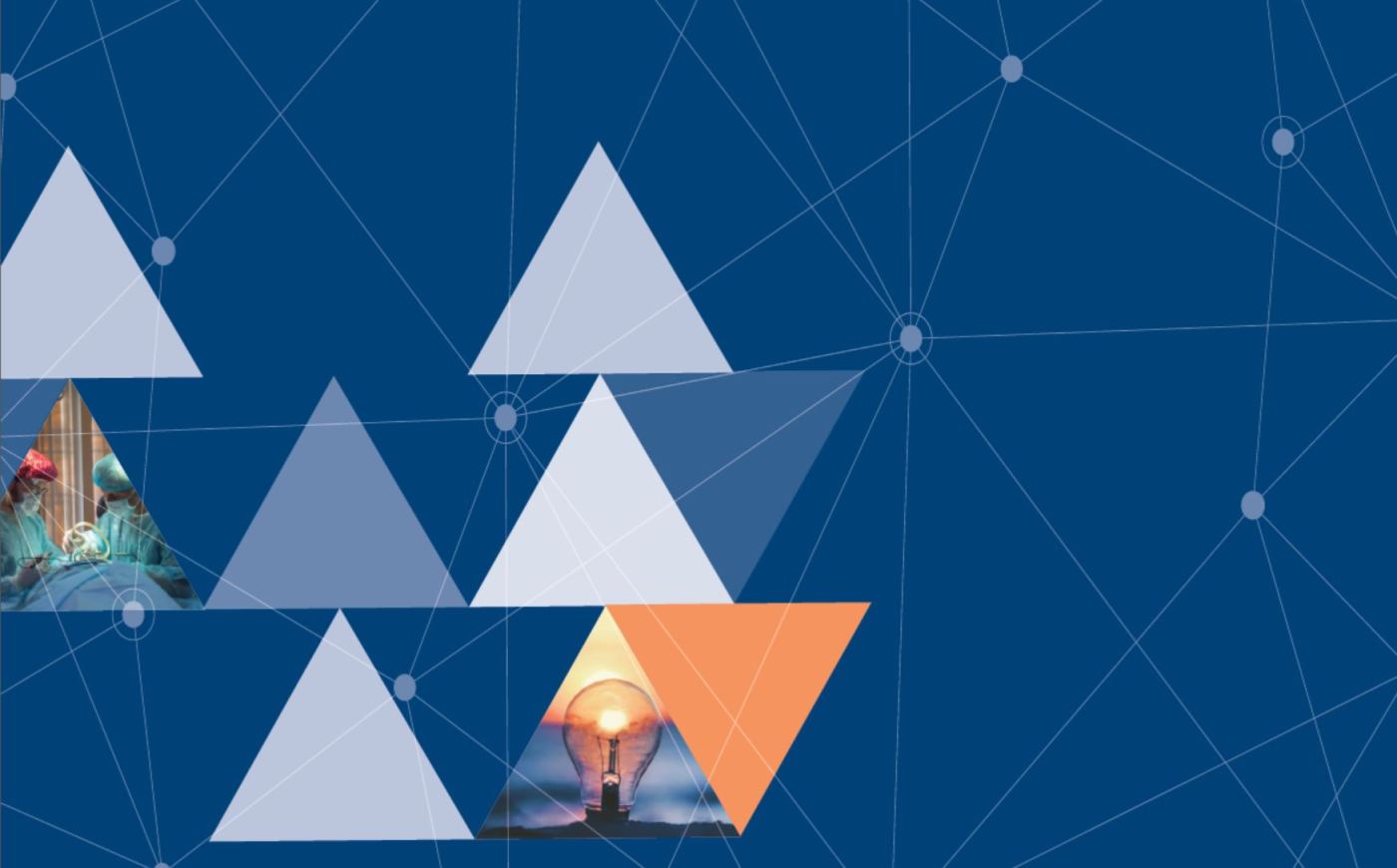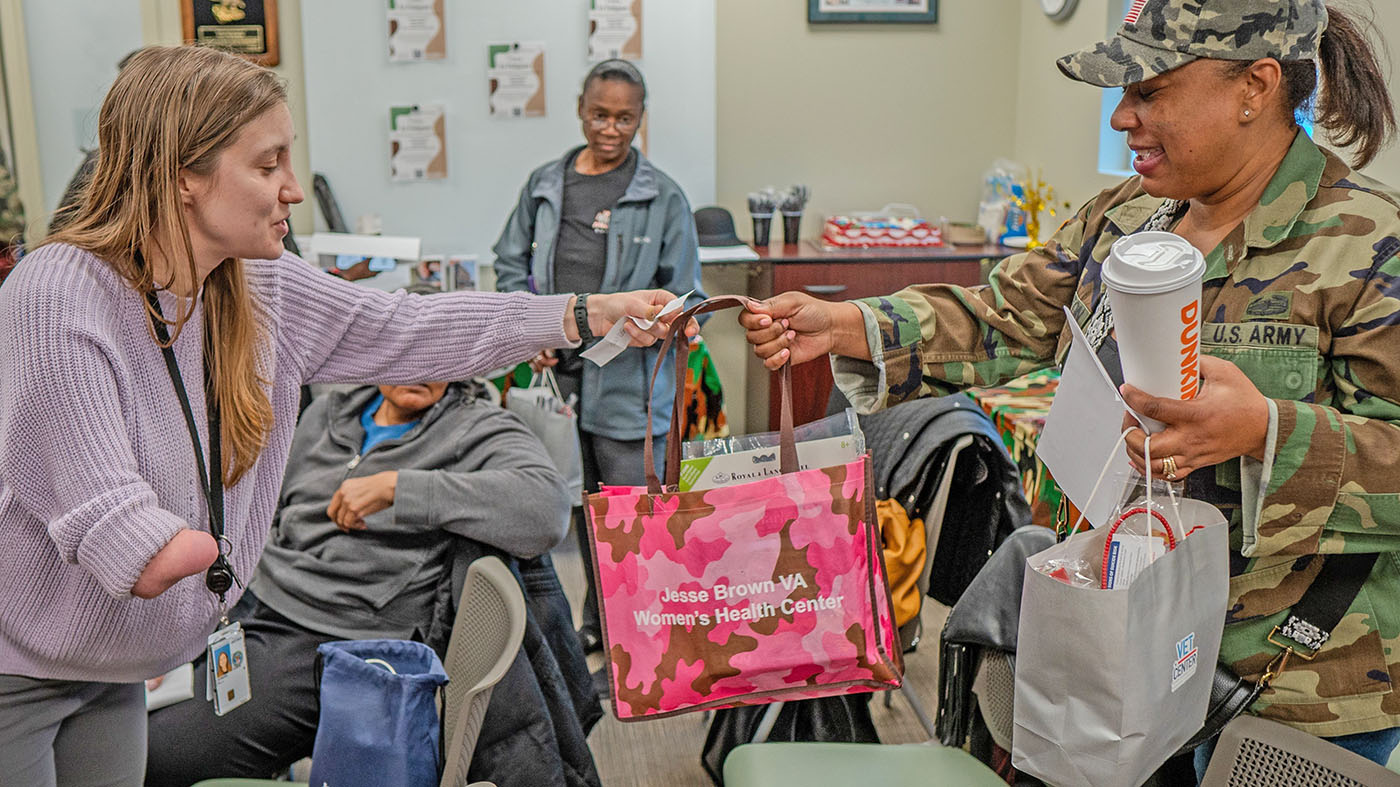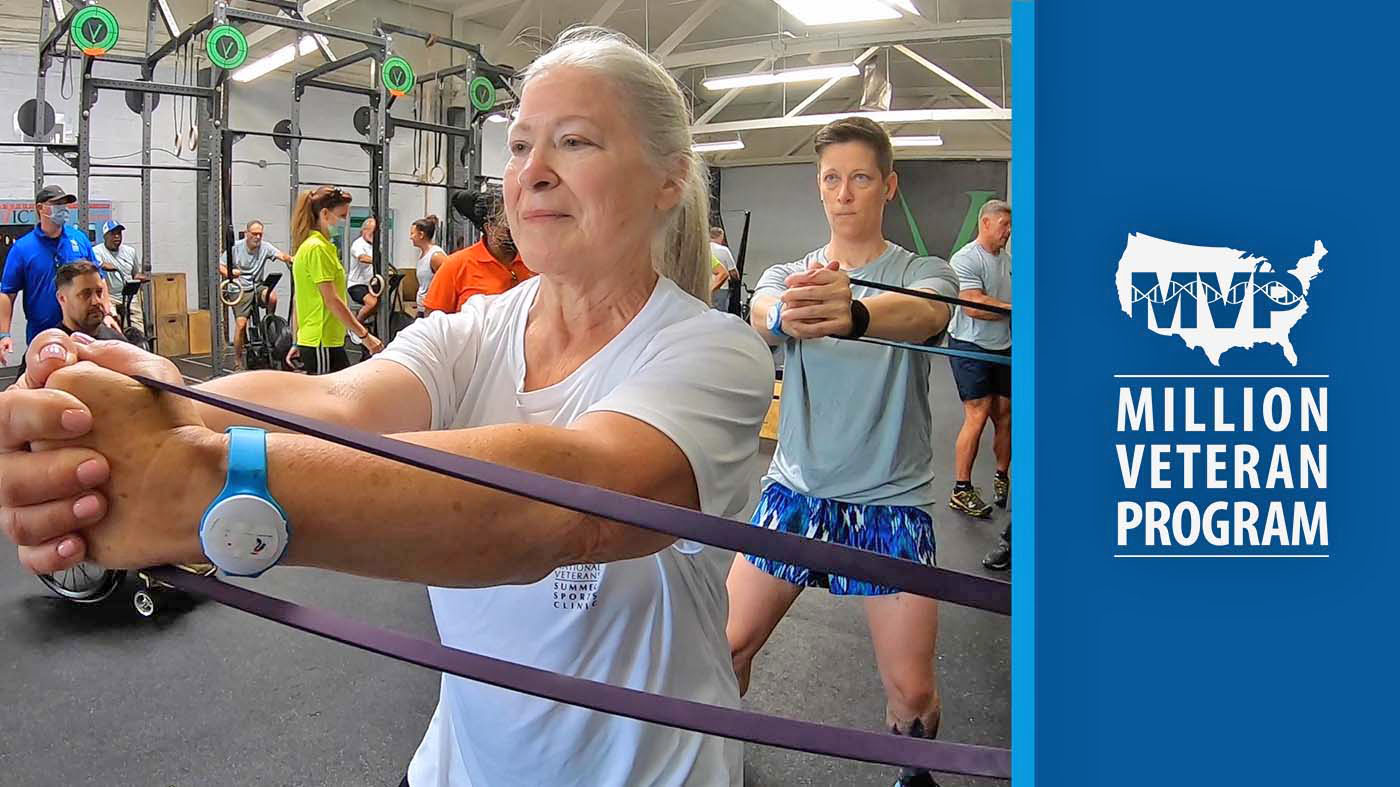What’s innovation really doing at the VA’s Veterans Health Administration (VHA)? It’s easy to talk about programs and ideas that should be changing and saving Veteran lives. But is it really happening? At the VHA Innovation Experience (iEx), Oct. 22 and 23, VA will release the first ever VHA State of Innovation Report (SOI). The report will give Veterans and the public an in-depth look at just how innovation is affecting their lives.
Through engaging spotlights, narrative stories and special features, you’ll read about a small cross-section of the innovative solutions, services, and technologies developed within VHA. You’ll see programs from cutting-edge virtual reality solutions for treating PTSD to a toothbrushing protocol that prevents against hospital-acquired pneumonia, to having easy access to a lifesaving opioid reversal drug. VHA is driving innovation forward through building a culture of innovation and empowering employees.
Here are just a few examples of the impactful programs highlighted in the SOI:
- Veteran Signals (VSignals) has used artificial intelligence to help stakeholders identify patient feedback and concerns and help VHA staff identify Veterans at risk of suicide or homelessness with over three million completed surveys.
- The Alerts & Recall Closed Loop Communication System integrates the capabilities of four web-based reporting applications to increase safety and mitigate risks for over 5.85 million Veterans, a scale unrivaled in the private sector.
- Project HAPPEN (Hospital-Acquired Pneumonia Prevention by Engaging Nurses) has saved 45 Veteran lives and resulted in a $9.98 million cost avoidance by equipping hospitalized Veterans and their caregivers with the information and assistance they need to reduce the risk of developing hospital-acquired pneumonia.
- The Clinical Video Telehealth (CVT) neurology follow-up program is increasing access to care and rehabilitation to rural Veterans with multiple sclerosis (MS) through digital solutions, impacting the 33 percent of Veteran patients with MS who live in rural areas.
This report not only serves as a celebration of VHA employees and all they are doing to transform care for our nation’s Veterans, but also as a call to action for anyone who wants to change the lives of Veterans. VHA’s role as researcher, health care provider, and educator creates the ideal environment for innovation; this allows VHA to trailblaze new pathways to improve health care innovation and build upon its history of innovation. However, VHA needs everyone to be a part of this journey!
Find out how can be a part of the journey at iEx!
Registration is now open or you can experience the innovation live by watching the demonstrations on VA’s YouTube page. Make sure to follow along by subscribing to the VHA Innovation Ecosystem’s email below and follow us on Facebook and Twitter so you can read the SOI the moment it is available.
Learn more about all the exciting events at iEx here.
Topics in this story
More Stories
Navy Veteran and president of the American Medical Association got a colonoscopy and encourages other Veterans to do the same.
Chicago Vet Center and VA gave women Veterans information on VA services available to them.
MVP’s research informs personalized care for Veterans, supporting whole health and beyond.








EXPLAIN “MODERATION”
WHY WRITE A COMMENT IF YOUR GATEKEEPER WILL STOP IT.
DOES A VA DOCTOR’S ANALYSIS COUNT?
WE SHOULD KNOW HOW THE VA CONSIDERS “CULTURE”.. THE VA SHOULD BEGIN TO INCORPORATE THE MENTAL HEALTH SPECIALIST, IN MY CASE THE POLYTRAUMA PSYCHIATRIST ANALYSIS INTO THE ARMY RECORDS. ONE COULD CALL THIS PART OF ARMY CULTURE. THE REMARK BY SCOTT S. DATED 10/8/19 WOULD FIT THE BILL.
TENPAL10
Sounds great. I hope I live long enough to experience it. But what is more likely, is that my brain cancer will kill me first.
-Scott S. 29yrs. Old. USMC Vet.
It is an established fact that peer support enhances self esteem. When this is combined with reestablishing self with the potential benefits to veterans and others can be significant. As a veteran and participant in the Poquoson Veteran’s History Project for the previous two years I have observed first-hand the benefits to both veterans and students. Many veterans obviously regained self respect and a sense of worth. I would recommend VA investigate this effort with a view toward expanding it to thousands of veterans and students nationwide. The following video highlights project developments: https://vimeo.com/330824481 or https://Vimeo.com/282774917
A potential benefit of this project is an almost certain drop in Veteran suicides.
Several efforts to bring this to the attention of the VA leadership have not been successful. There simply is no effective mechanism to communicate suggestions like the Poquoson Veteran’s History Project requisite VA authorities. Even many attempts to identify appropriate VA telephone numbers or email addresses for suggestions have been without success.
My daughter’s husband who use to be a doctor is trying to get me to be dependent on him for what I do. He just stole my meds and said he would start to administer them
to me. I want him charged with stealing and I will sign the complaint. I don’t think from what I am you will do anything. but why not try.
Just a scam.